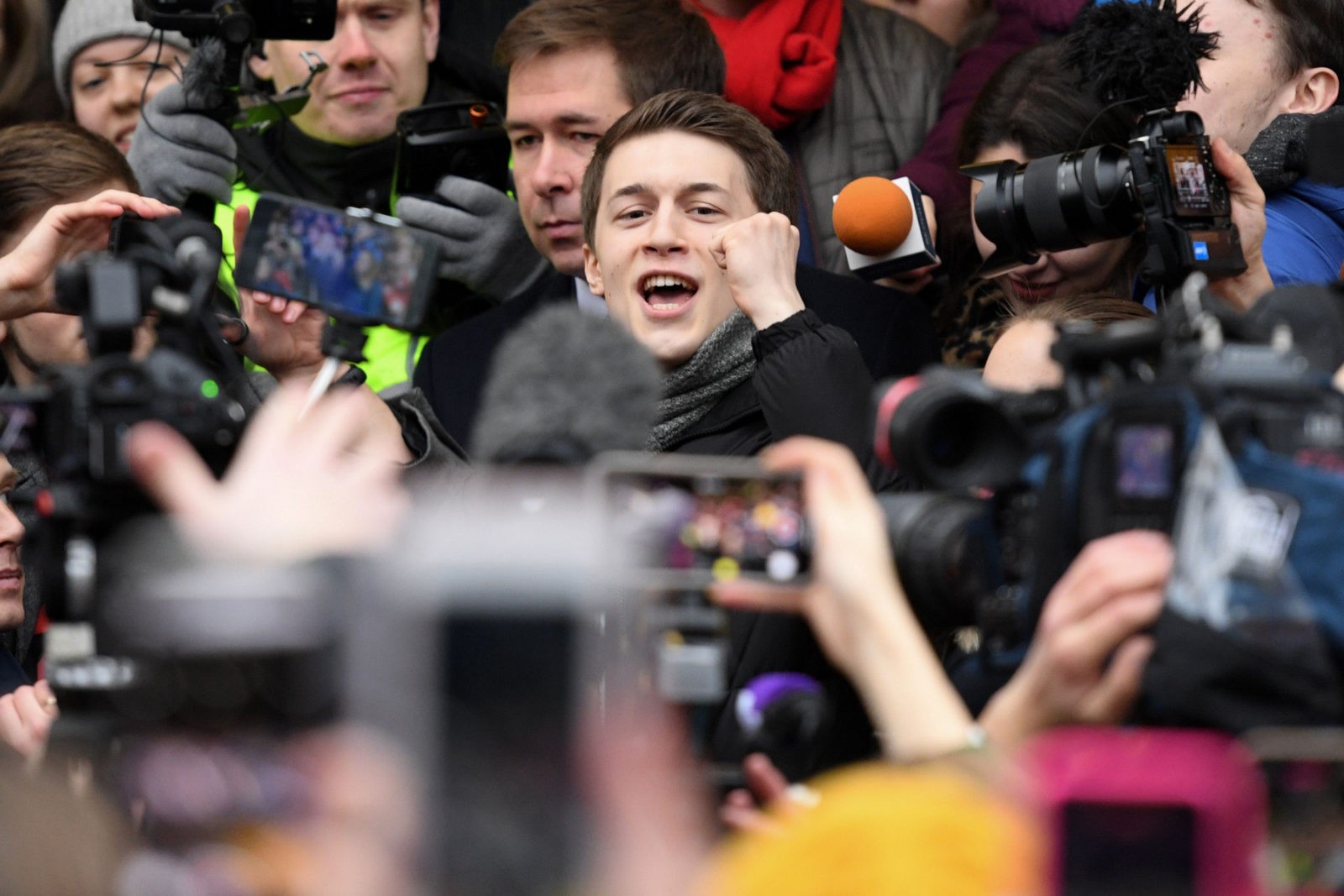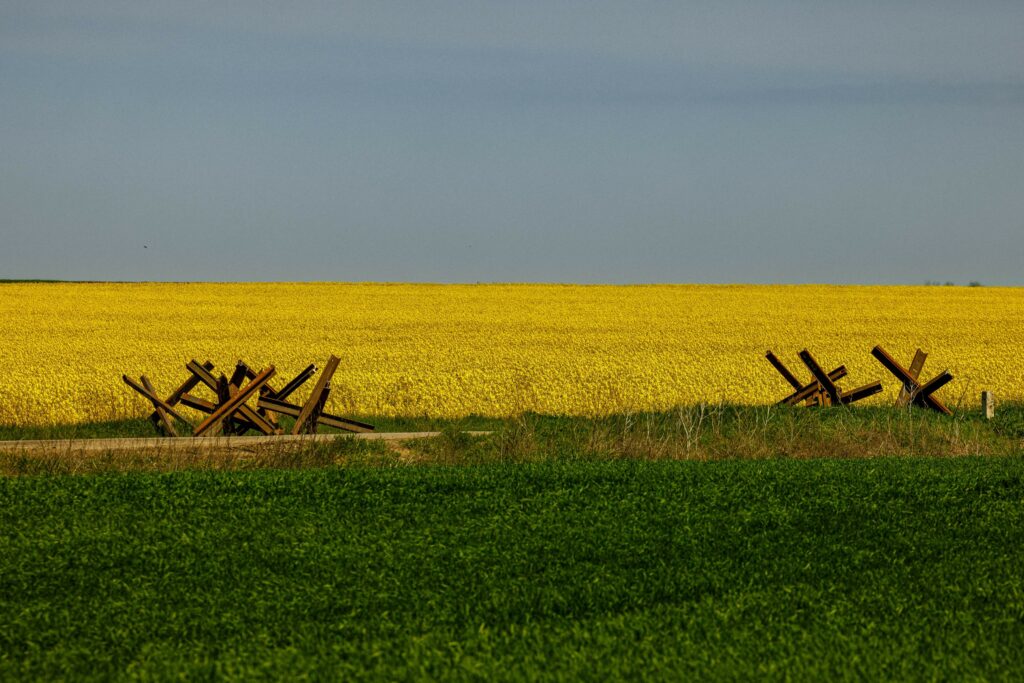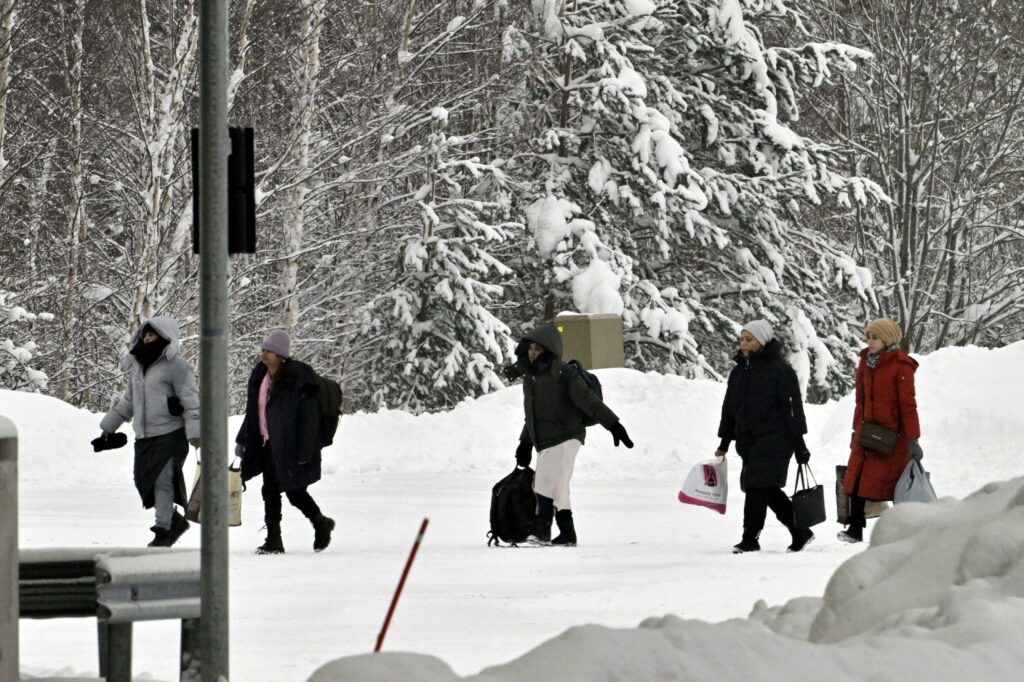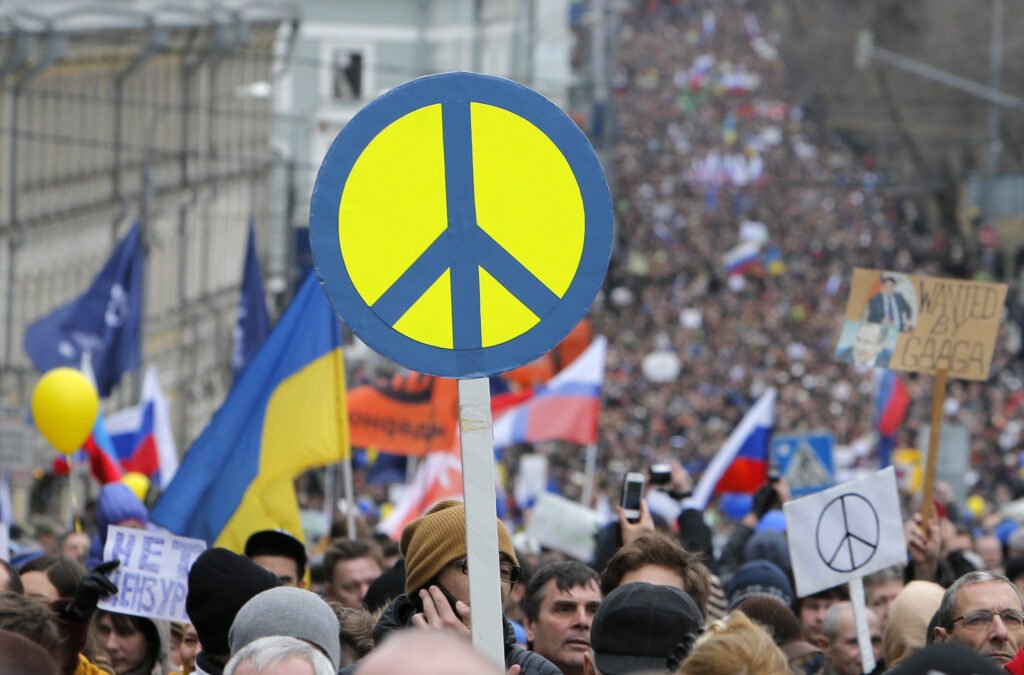Yegor Zhukov, a student of the Higher School of Economics National Research University, delivered a groundbreaking speech in court last December. Why groundbreaking? Well, to begin with, Zhukov’s speech in court set the Russian public sphere ablaze. His statement was repeatedly reposted on Facebook for days after, and it was commented on by most leading experts. It then came to President Vladimir Putin’s attention, too. First, Alexander Sokurov quoted Zhukov’s words about duty and love at a meeting of the Human Rights Council with the President. Next, Nikolai Svanidze suggested the statement transcript should be presented to Putin. Later, Dmitry Peskov said the president would definitely be familiar with Zhukov’s statement.
It is noteworthy here that Zhukov brought up ‘otvetstvennost,’ which translates into English interchangeably as responsibility, accountability, or duty. For a long time, it was Putin who has held a monopoly on this concept. For years, he has often referred to ‘civic duty’ when seeking support for his policies. (Oddly enough, civil society representatives have raised this point only rarely.) By using terms like this in his courtroom speech, Zhukov penetrates the discursive field of the power elite. He undermines its hegemony. And he offers an alternative interpretation of the concept of ‘otvetstvennost’.
Responsibility and patriotism
The concept has been one of Putin’s key rhetorical tools since about 2012. In his 2013 annual address, he declared that a sense of ‘otvetstvennost’ for the country was ‘the main theme, lifeblood and core value of the Russian Constitution, a call to each of us’ while ‘a concise expression of shared responsibility’ was declared as the motto for 2014.
The Internet encyclopedia of philosophy defines responsibility as ‘a relationship of the individual’s dependence on something which is perceived by them as a determinant for decision-making and actions’. Responsibility also implies the subject’s responsibility for deeds and their consequences.
Thus, it is important to know whose responsibility, responsibility for what, and in relation to whom, we are talking about.
Putin presented his understanding of this in his first address after his 2012 election. He announced how ‘nation-wide responsibility for the Motherland toward present and future generations is proclaimed as a fundamental principle of Russian statehood’. He later called this ‘civic duty’ and practically equated it with patriotism, that is ‘serving society and the country’.
In other words, according to president’s interpretation, it is the citizen (or the people) who bear responsibility for their country. Moreover, a responsible citizen has to relate their interests to ‘the aspirations of the entire nation and interests of the state’.
In his 2016 address, responsibility appears to be ‘a distinctive characteristic of our culture’, one of the qualities cherished by Russian society, along with ‘high moral standards, concern for the public interest and readiness to listen to others and respect their opinion’.
In the president’s view, the responsibility of ‘all our citizens’ is a vital trait; the future of the country depends on it.
Putin mentions the state’s responsibility only rarely, however. Usually he does so in the context of mutual responsibility of the authorities and society. For example, his 2013 address describes ‘The meaning of [the constitutional] provisions on the welfare state consists in the mutual responsibility of the state, society, the business community and every Russian citizen’.
Moreover, the responsible Russian state is a guarantor of ‘global and regional stability;’ it ‘consistently asserts its values-based approach, including in international relations’ (2013 annual address). According to Putin, this is Russia’s historical responsibility.
When it comes to relations with citizens, the state is ‘responsible for shaping a harmonious, responsible citizen of Russia with high moral standards’ (2012 annual address).
The appeal to responsibility as the main argumentation scheme is quite effective. Support for the president’s political decisions or actions is presented as a responsible act. It fits with the argument based on the concept of civic responsibility as ‘a distinctive characteristic of our culture’ and ‘the main condition for the development of the country’. Meanwhile, social groups opposing the existing political course are presented in a negative light. They become irresponsible people who disregard the future of the country. In other words, this line of argument introduces the dichotomy between Me and the Other.
On the whole, political decisions and actions presented as Russia’s ‘historical responsibility’ make them appear to be the only possible solutions. For example, Russia’s involvement in Syria. Russia is described as a ‘responsible nation’ and Russia’s participation in a Syrian conflict as a ‘responsible decision’ meant to prevent ‘a descent into further erosion of the foundations of the world order, the triumph of the law of the cudgel, the law of the fist, growing chaos’.
Thus, as well as legitimising the decision, a positive image of Russia is construed. Putin himself is presented as a responsible and caring leader. Yet he bears little responsibility since he is not mentioned as one of the responsible subjects.
Responsibility and love
Zhukov’s statement reclaims this language. The definition he proposes differs from the one in the official presidential discourse.
Putin focuses either on the responsibility of citizens toward the country, or officials’ responsibility, or some kind of general, collective responsibility of ‘all of us’. But he never mentions his own responsibility. Even in those rare cases when the authorities’ responsibility is mentioned, the plural pronouns ‘we’ or ‘us’ are always used. Thus, responsibility is diffused. The issue of personal responsibility of the president as the head of state is completely excluded from the discursive field.
In his closing statement, Zhukov does not speak of some form of collective responsibility, the responsibility of society, Russia, or all of us. Instead, he speaks of personal responsibility, his own responsibility in the first place: ‘Responsibility for one’s self, for one’s neighbours, for one’s country.’
In the presidential discourse, responsibility is primarily in serving the state and society, in supporting the policy of the power elite. In presidential addresses, responsibility is associated with key expressions such as civic activity, state interests, patriotism, national interests, civic solidarity, order and freedom, aspirations of the entire people.
Zhukov’s notion of responsibility is inextricably linked with love — humanistic love of one human being for another: ‘Love for the weak, the neighbour, humanity’.
In his statement, Zhukov mentions responsibility as a Christian value and refers to ethics, taking on responsibility, trust, compassion, humanism, mutual help and care, common action, love, the individual, people.
Nevertheless, these two concepts have one thing in common. Both Putin and Zhukov believe that responsibility is manifested as a form of self-restraint, suffering and struggle. According to the president, the burden of responsibility should be borne by the people, who ‘relate their own lives (…) to interests of the state’. Speaking of responsibility, Zhukov is himself ready to ‘be an example, be someone on whom others can rely’ and ‘be tested in the name of values’.
One can agree or disagree with either of the interpretations, as with any position expressed by any citizen. Though this does not diminish the importance of Zhukov’s speech.
Language and practice are interrelated. The meanings attributed to words influence the perception of reality and shape it. By changing the meaning of an idea and monopolising its interpretations, the representatives of the authorities set the course of development of society. Russian power discourse appropriates key concepts like civil society, human rights and freedom. It deprives them of their original crucial potential. This is why it is so important to get involved in this process and create competing ideas, restoring the original meanings of words.









